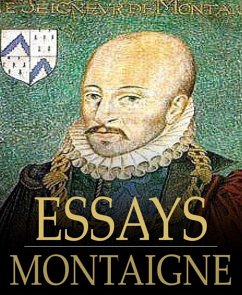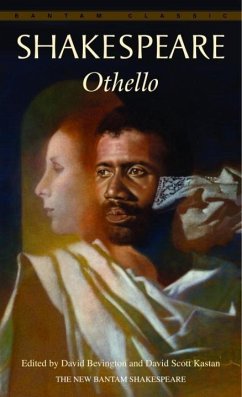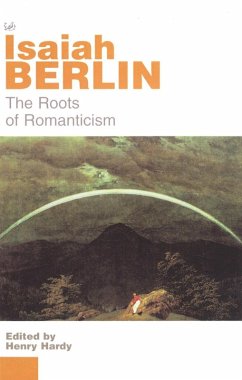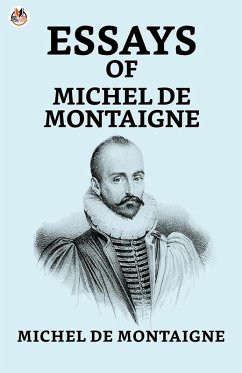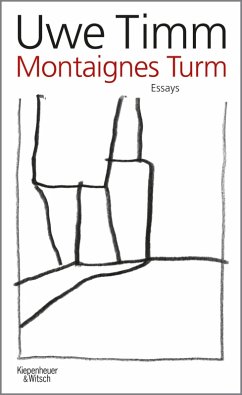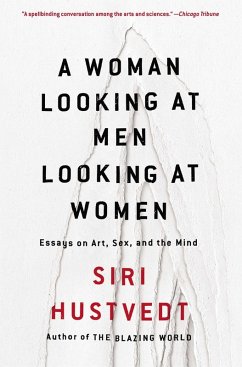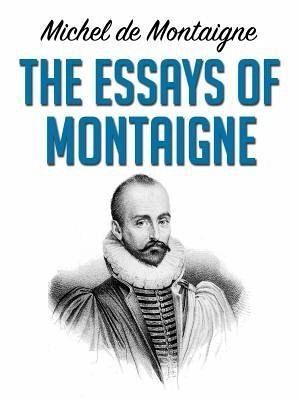
The Essays of Montaigne (eBook, ePUB)
Versandkostenfrei!
Sofort per Download lieferbar
2,99 €
inkl. MwSt.
Weitere Ausgaben:

PAYBACK Punkte
1 °P sammeln!
"The greatest thing in the world is to know how to belong to oneself." The Essays of Montaigne are a collection of writings from the late 16th century. Montaigne's stated goal in his book is to describe man, and especially himself, with utter frankness and honesty. The essays are surprisingly modern and have served as foundational texts for much of Western philosophy and culture.
Dieser Download kann aus rechtlichen Gründen nur mit Rechnungsadresse in A, D ausgeliefert werden.




